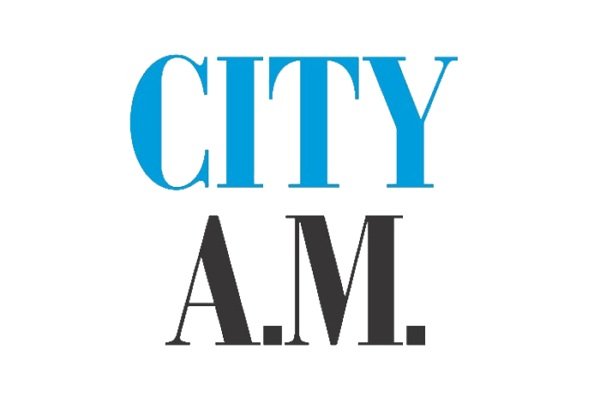Cosima Zaveta, Research Assistant at Bright Blue, was featured in CapX, detailing that electric vehicles, despite being portrayed as a zero-emission form of transport, continue to release emissions in the form of particulate matter.
Cosima described, “Like conventional vehicles, electric vehicles emit dangerous pollutants through tyre and brake wear, as well as road surface abrasion. A long-standing focus on our vehicles’ exhaust pipes has earned electric vehicles the title ‘zero emission vehicles’, but this is only right as far as exhaust fumes are concerned. Really, electric vehicles are only ‘zero exhaust emission vehicles.”
You can read Cosima’s piece here.















